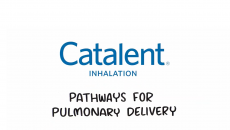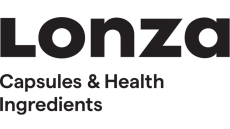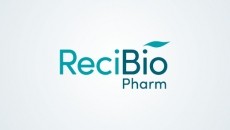In-PharmaTechnologist insulin series
Exubera manufacturing deal sweetens Tech Group
ramps up production for the launch of Exubera - Pfizer's
newly-approved and much-anticipated needle-free insulin.
Exubera is a fast-acting powdered insulin that is inhaled into the lungs before each meal, using a device the size of a torch. Both the formulation and device were developed by Nektar Therapeutics.
Arizona-based Tech Group is one of two contract manufacturers equally responsible for making the delivery device - Bespak in the UK is the other manufacturer. The device is then being shipped from these two locations to Pfizer's plant in Indiana where it is assembled with the insulin powder and packaged.
The manufacturing deal has been in place for the last six years and the Tech Group has spent millions of dollars custom building a plant dedicated to the device, which has so far supported Exubera's clinical trials program. The green light from the US Food and Drug Administration (FDA) and the European Agency for the Evaluation of Medicinal Products (EMEA) in January was the first real sign that all the Tech Group's hard work and investment into the project would finally start paying off.
Since the go-ahead was given, the Tech Group has gone into overdrive to meet the demand expected when Pfizer launches the drug in the middle of this year.
"We have hired and trained over 100 new staff dedicated to making the Exubera device over the last few months," Mike Treadaway, general manager of Tech Group's drug delivery device division, told In-PharmaTechnologist.com.
Acquired last year by rubber components manufacturer West Pharmaceutical Services, the newly-formed Tech Group has been a strong performer for West in its first quarter.
First quarter 2006 sales in the segment were $65.7m (€50.8m), including $47.3m from the newly-acquired business. Fifty two per cent of segment revenue came from sales of devices and components for pharmaceutical and medical device applications, including Exubera.
Revenue for this segment is expected to climb once Exubera reaches the market. As the first non-injectable insulin to hit the world market, Exubera is predicted to have a market value of up to $1.5bn a year.
However, the device hit a snag earlier last month when the UK government's health watchdog, NICE, published draft guidance saying it did not recommend the drug for reimbursement because the benefits of using an inhaler to deliver insulin were not worth the money.
The cost of Exubera is expected to be at least double that of injectable insulin.
The decision presents a severe blow to all those involved with Exubera and could signal a sign of the product's fate, however, a Pfizer spokesperson told In-PharmaTechnologist.com that they vow to fight the decision and are confident of having it overturned in light of "new evidence."
Treadaway also confirmed that the decision has not changed anything from a manufacturing point of view, and they are still going ahead with full ramp-up as planned.
"Currently we have no benchmark to gauge how large the potential market for a treatment like this is, but we are all very confident that Exubera will be even more successful than people think," said Treadaway.
This is because an alternative to injections has been long awaited by the 40-50m Type 2, and 10m Type 1 diabetics worldwide who need insulin therapy but dream of one day abandoning their needles. Treadaway believes that even if a small subset of these people start using Exubera, the market will still be large.
Regardless of the drug's success, the Exubera deal has already proved a winner for the Tech Group, providing the stepping stone for the plastics manufacturer to diversify its business and customer base and move from simply doing injection moulding of components and subunits for original equipment manufacturers (OEMs), to now being a specialist maker of whole delivery devices.
"The whole company has been rapidly growing over the last twelve months and our move into this new area of manufacturing has been a major driver in this," he said.
"We are now in manufacturing contracts with most of the large pharma companies who are working on new drug delivery methods, such as injectables, inhalables and transdermal delivery," he said.
And with the US advanced drug delivery market tipped to grow more than 18 per cent and exceed $76bn by 2014, spurred on by new technologies emerging from the biopharma pipelines, the sky could be the limit for Tech Group, who has little competition in this specialised manufacturing arena.













